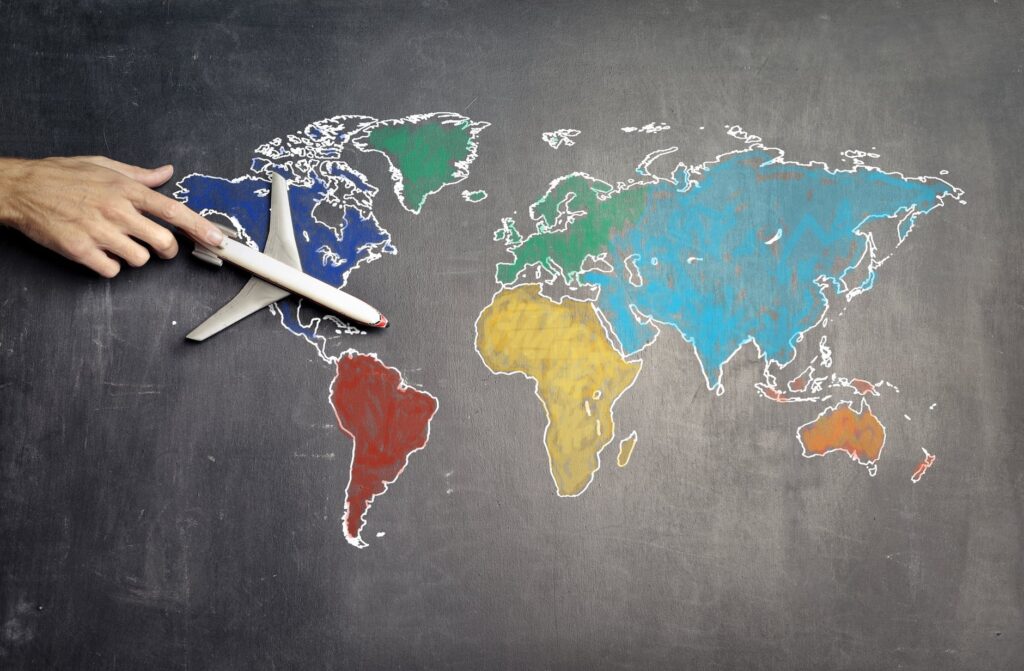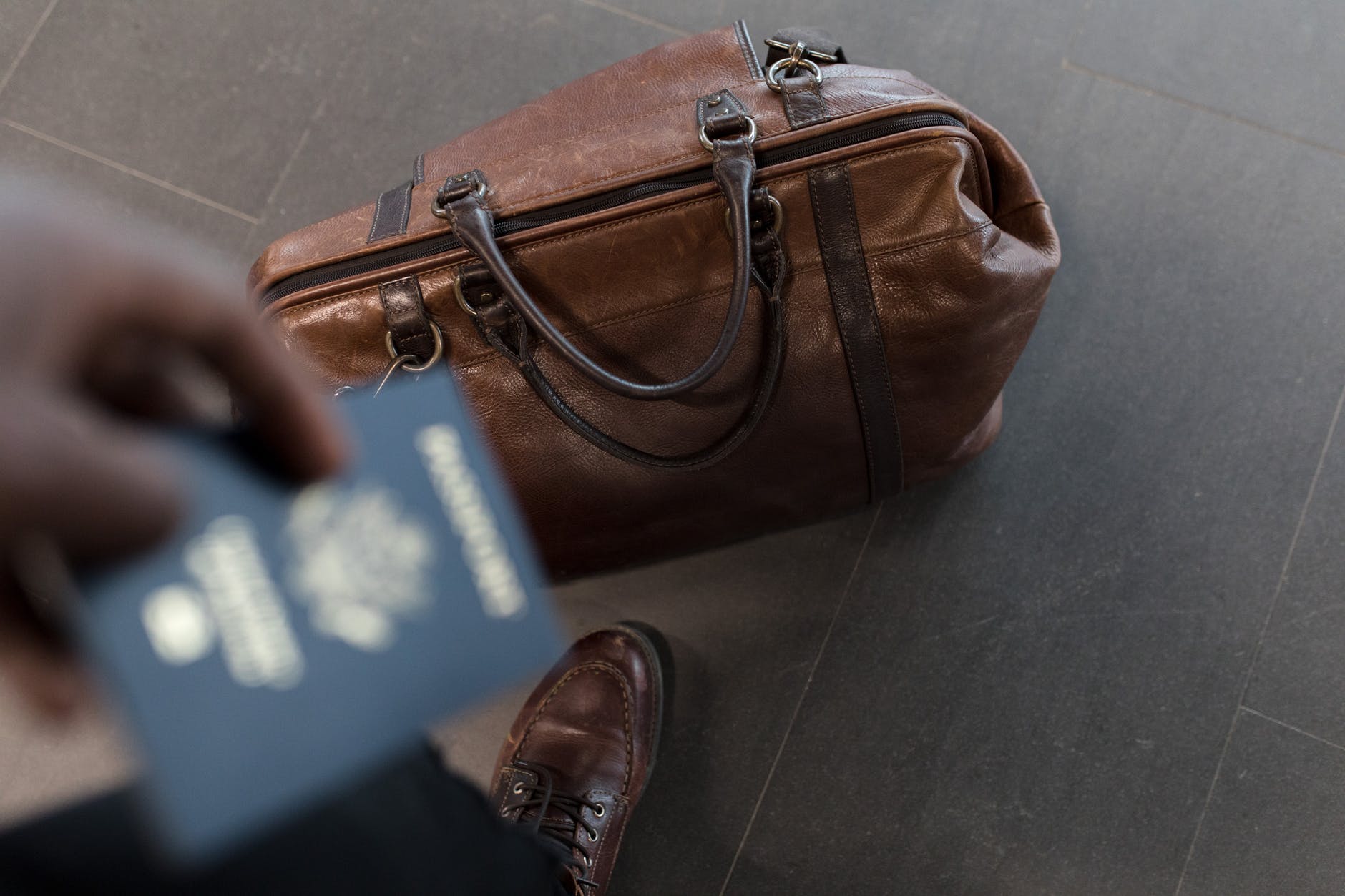The world moves faster than ever today, and internationalization becomes a casual thing as nearly anyone can travel and experience new countries and cultures today. And, although, we manage to always stay connected via the internet, sometimes distances seem to grow at an extremely rapid pace. Considering such high connectivity, various barriers prevalent in the past might seem impossible today, however, that’s not exactly the case. Such things as language barriers are still in place and still disrupt many things in our normal lives, from simple daily conversations at work to doing business overseas. One of the ways to deal with the language barriers is, obviously, translation.
Why Translate and Why It’s So Important?
Speaking strictly in practical terms, translation is one thing that is very closely related to languages. And languages are inalienable things in our lives. As we are humans and we are social, we simply cannot deprive ourselves of communication, and today, perhaps, nothing can be done without having a prior conversation or messaging.
One of the first things you do when you travel is communicating with the customs. And things are usually quite formal in there. You have to show documents, exchange a couple of brief phrases with the customs officer and then be on your way. Sounds like an easy thing to go through. Yet, as mentioned earlier, there are some disrupting factors that might partially or completely ruin this process, and sometimes even your whole travel experience. This is where the translation comes into play.
Just like the language itself, it’s inalienable whenever you travel. It makes your trip and staying in the country you go to not only more pleasant but basically safer, so translating your documents is beyond important, it’s vital. This in turn implies that it’s best to address the human professionals who know what they’re doing. You can check this accurate translator to see what that means. But what documents do you need to be translated?
Essentially, those documents include the IDs as well as some other proofs that you travel legally and have no bad intentions for your stay. But that’s a little bit more than just 1 or 2 cards or papers. Let’s take a look at the top five required documents that need to be translated for your travels.
- Your internal passport. This is essentially your very basic ID that tells the customs, law enforcement officers, and basically all other persons about who you are and where you come from. That is required in order for the government of the country you travel to know who to address in case if your documents are lost and then found, or if you violate the law seriously enough to get you temporarily deported. You obviously don’t have to translate your document and should totally not violate any laws in the country you travel to, but the front of your passport showing you face and name should be translated, so that the customs could clearly see where you come from.
- The documents confirming and describing your stay. Those could be hotel reservations, rent checks, or just a simple note from your relative confirming that you’re staying with them. This is needed for the country’s officials where you plan to be located during your trip. Again, while this is done to primarily avoid all potentially negative and dangerous situations, in most cases, the translation of stay documents are needed to demonstrate that you take all these precautions seriously (which you should actually do).
- Documents that confirm the goal of your stay. You don’t want to travel just to roam, do you? You probably travel to see your favorite band in concert or maybe you’re having a business trip. Even if you don’t, it’s still better to be precautious and purchase a ticket to the local museum or something that shows that you come to the country not to aimlessly hang around but actually do something. And translating such documents makes the customs officers’ work much easier and your travel much less stressful.
- Documents demonstrating the further route of your travels. Whether you plan to move around the country by train or go to another country, you should confirm any of the above. Again, translating such documents will largely save your time and will not raise any unreasonable and unnecessary suspicions in customs officers who will not ask any additional questions and just let you go your way.
- Any other specific documents. Those could be the diagnosis if you have any specific health condition or just a note from your relative confirming that you’re visiting them. This time, rather than a precaution, such documents serve as additional information for all possible cases when it might be needed. While not every agency might work with such documents, there’s no task that TheWordPoint can’t handle. Translating such documents can be useful not only for the customs stage but also for your whole stay.
It’s Always Good to Be a Little Precautious

As you can see, most of the travel documents you need during your adventures abroad are used as a precaution measure in the end. Of course, they are needed to identify you, yet, all of that is done in order to prevent any hazardous situations and keep you and other people safe. Which in turn, means that these documents are very important. So, translating them is also quite reasonable and will certainly save you quite some time.
BIO:
Henry McDowell is an experienced traveler, researcher, and author. With his career spanning for many years, Henry can confidently say that the best education comes with experience. His daily advice concerns doing what you love and what interests you. Only in such a way, you’ll be able to experience new things, learn, and, hence, move further in your life.





